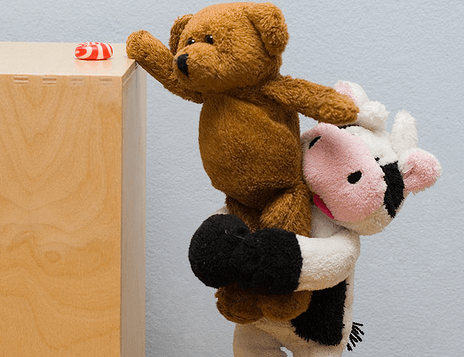Being A Good Person Is Not the Same as Being Stupid


Written and verified by the psychologist Fátima Servián Franco
Being a good person is not the same thing as being stupid. According to a study by the Asturian Society of Psychiatry, it’s worthwhile being a good person because it gives you emotional well-being. Human values serve as protective factors.
There are ten values that are applicable to nearly all cultures and are universally considered to be good. Kindness, universalism, independence of thought, leading an exciting life, the pursuit of pleasure, personal success or accomplishment, and power. And there are three more traditional values: security, conformity, and tradition.
Leading a life in accordance with good values protects you against a society which shows a very low degree of tolerance towards problems. This tolerance only seems to get lower and lower over time. There are constantly problems in our worlds which end up generating illnesses, such as depression, states of anxiety, stress, etc.
“When every day turns out the same, it’s because man has stopped perceiving all of the good things that emerge in life every time the sun crosses the sky.”
-Paulo Coelho-
By seeking goodness for your peers you will find your own
Everything you offer others is a boomerang which will come back to you in even greater measure as you go about your life. When you seek good for your peers, be it through a thought, a feeling, or an action, you boost your connections with others. These connections provide you with comforting emotions, which are essential parts of your emotional well-being.

Most of what you give out is returned to you at some point or circumstance in life, many times in greater measure. So, it’s all about helping others through love and being a good person. You should know that by giving it away, you’re automatically opening yourself up for a natural law to be demonstrated. The law that everything, every feeling, will always get recycled.
The construction of common good is everyone’s responsibility. Currently, there is a feeling of indifference in our society. People are exhausted, and this has provoked distrust. We all have the feeling that, in many aspects of life, we have been cheated or betrayed. Beyond the labeling of the situation, the fundamental question is how to get rid of this unpleasant feeling by being a good person.
Society needs behaviors to serve as role models for each one of the individuals that comprises it. Aside from judging people who have behaved poorly in the past, this is the only honest way of securing a better future.
What you give away, you give yourself. What you withhold, you withhold from yourself.
The only symbol of superiority is kindness
Every act of kindness is a demonstration of power. Being a benevolent person doesn’t imply increasing your tolerance to all things mean. Nor does it imply conformity towards the inept. Instead, it means having the will to do good. Remember that you are only as good as the best thing you have ever done.
For Buddha, above all else, there is affectionate kindness. The light of the moon shines sixty times brighter than the stars. Likewise, affectionate kindness liberates the heart sixty times more effectively than all of your other accomplishments combined. If you feed off of goodness, your fears and sorrow will die of hunger.
Patience is the virtue that best describes good people. It encompasses the ability to give freedom to the people you love. The art of kindness seems to be pretty scarce nowadays, but maybe it’s more common than you think.

The best way life repays good people is through gratitude. A compliment means someone has acknowledged your hard work. Someone caring means your company is important to them and you are being a good person. Gratitude means that you are capable of being useful to other people, be it with your words, attitude, or behavior. These three elements at once (compliments, caring, and gratitude) allow you to have more intimate and tight-knit relationships.
“Good people are wise because, be it consciously or subconsciously, they understand what it’s all about. What we do for others, we do for ourselves.”
This text is provided for informational purposes only and does not replace consultation with a professional. If in doubt, consult your specialist.








